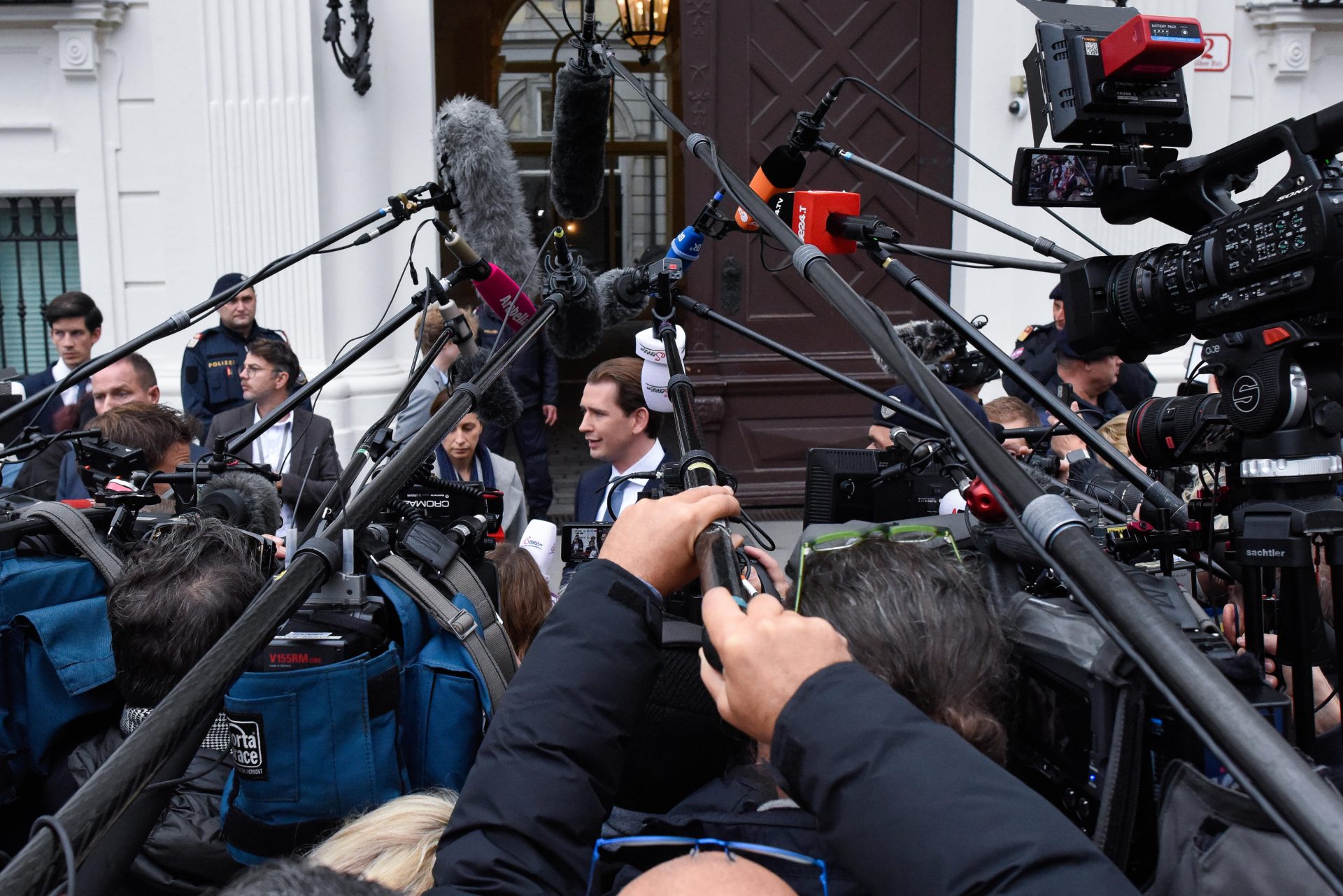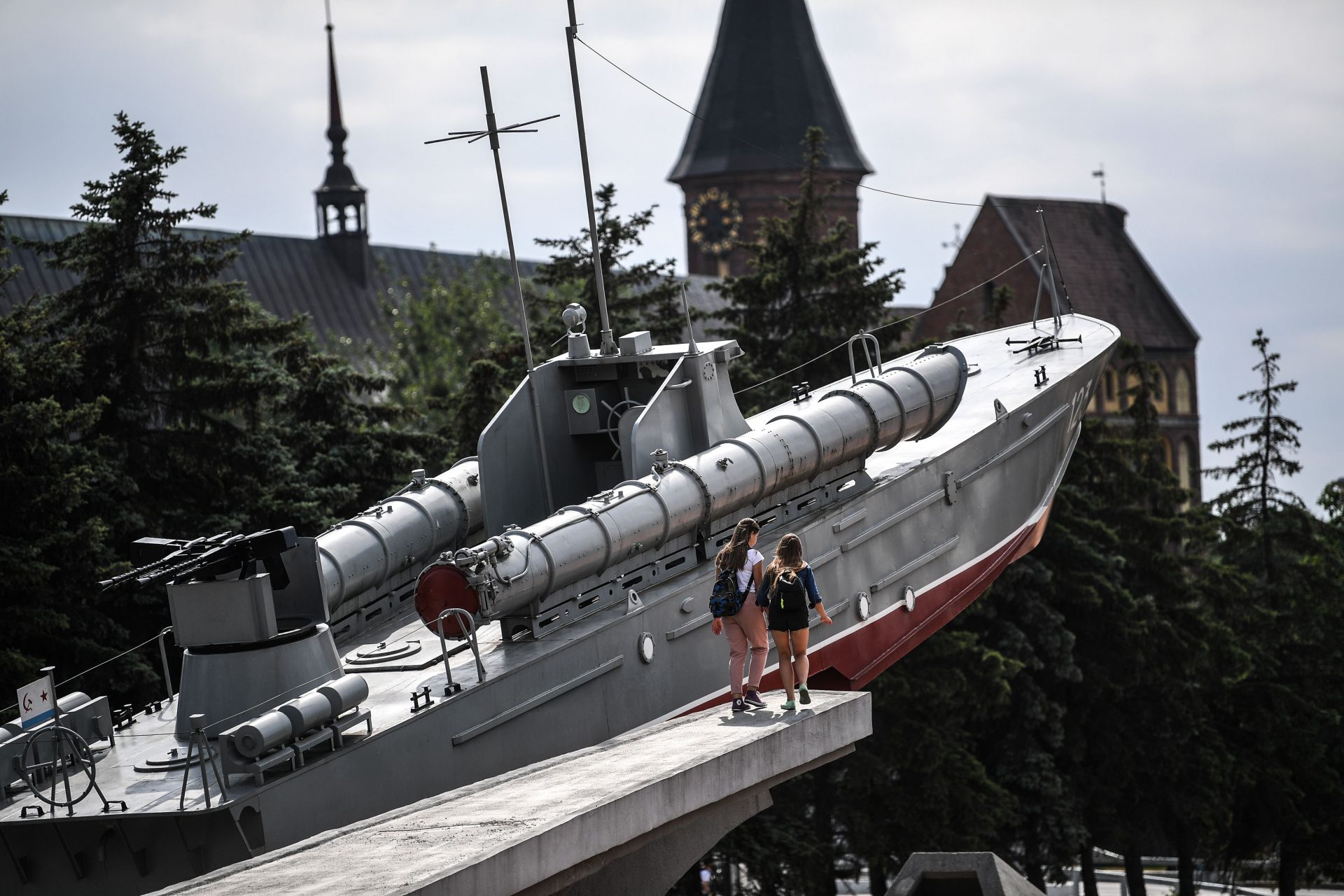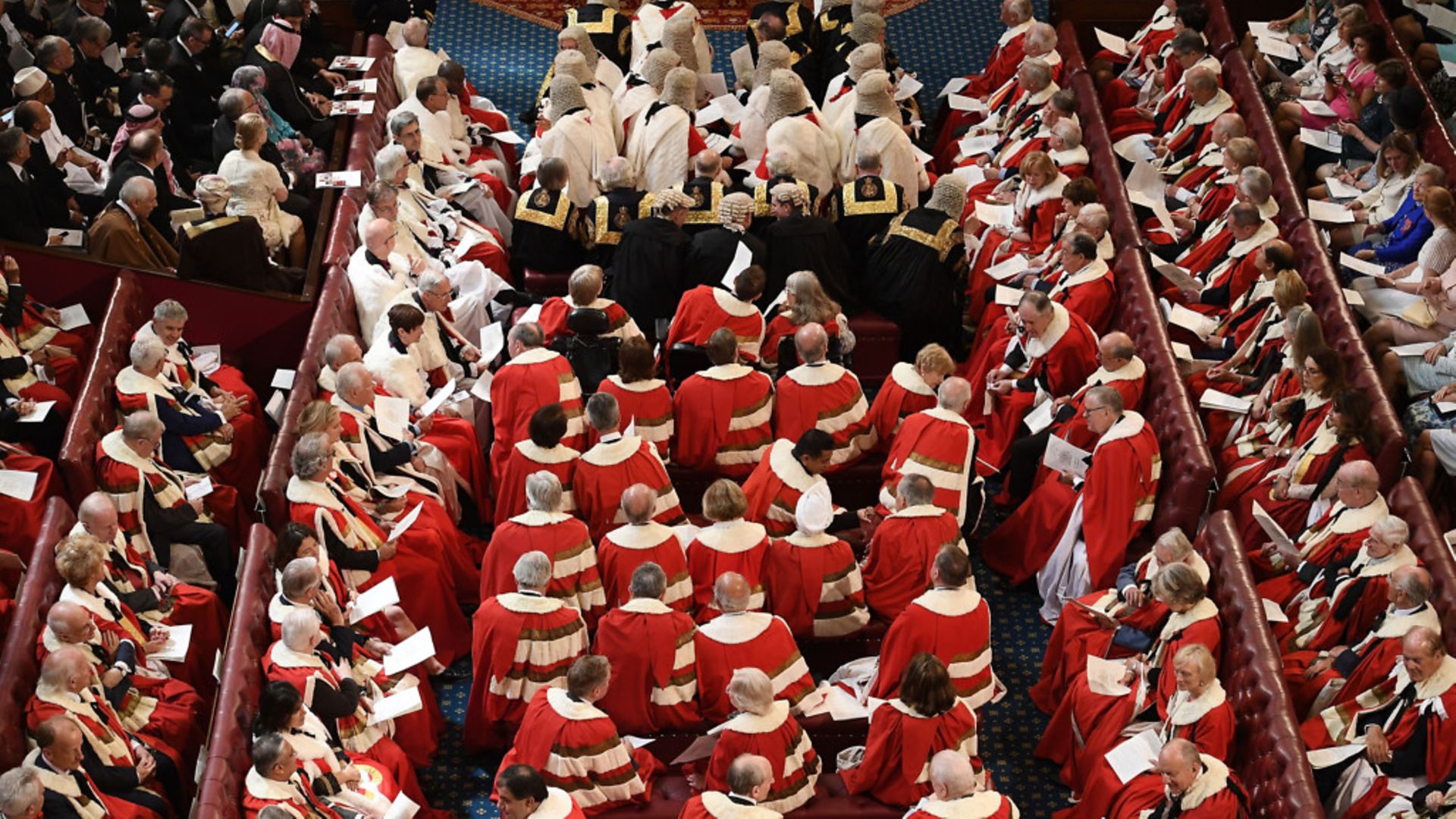Perhaps, just perhaps, the first signs are emerging that the right wing populist edifice of Central Europe may be starting to fray.
Over the past few days, Austria’s bumptious baby chancellor, Sebastian Kurz, has been forced to resign amid a welter of corruption charges. In the neighbouring Czech Republic, one of the continent’s last holdouts of communist-turned-nationalists, prime minister, Andrej Babiš, was narrowly and surprisingly defeated in his country’s general election.
Kurz was the wunderkind of European Conservatism, a better-dressed version of Boris Johnson, who has kept the super-rich sweet while deploying familiar populist messages.
He had a queue of suitors at this door. Germany’s Frankfurter Allgemeine newspaper was so bedazzled that it once quoted “experts” calling him “the young Metternich”.
What particularly struck about Kurz was his age, only 31 at the time of his rising to the top job in 2017. With his slicked-back hair and confident demeanour, he vowed to make Austria a voice to be reckoned with on the European stage.
Last Saturday night, it all came tumbling down when he announced his resignation.
For nearly four decades his Austrian People’s Party (ÖVP) has ruled as if by right. The flurry of investigations involving Kurz and his close associates began with what came to be known as the “Ibiza” video. Released in 2019, the secret footage from a finca on the Spanish island brought down his first government, a coalition with the far-right Freedom Party (FPÖ).
The film showed the then-vice chancellor, ex-FPÖ leader Heinz-Christian Strache, offering to exchange political influence for financial support to a young woman he thought was the well-heeled niece of a Russian oligarch. An inebriated Strache spoke of “strategic collaboration” with the Kremlin.
He appeared to entertain a large political donation, referring to a previously unknown off-the-books party financing scheme. In return, he offered to provide road-building contracts. He responded appreciatively to the offer of a bid for Austria’s leading tabloid and discussed how its editorial line could be switched to support his party.
When the tapes were revealed by German media, Strache was forced to resign and a new government was formed. He was given a 15-month suspended jail term. That was only the start.
It now appears, according to investigators, that Kurz’s party has been doing whatever it takes throughout his term to buy support and influence – something he denies.
It is alleged that between 2016 and 2018, finance ministry funds were used to pay newspapers to manipulate opinion polls. Then came another scandal about personnel changes at a state holding company.
As is often the case, Kurz compounded his woes by being economical with the truth. He now contends that suggestions that he had made false statements to a parliamentary committee investigating the various cases were based on twisted grammatical interpretations.
As the net closed on him, he was questioned for five hours in a perjury probe. He became ever more Trumpian in his response, insisting the charges were driven by political bias.
On October 4, prosecutors raided the chancellery, finance ministry and homes and offices of senior aides. Kurz, nine other individuals and three organisations were placed under formal investigation “on suspicion of breach of trust… corruption… and bribery… with different levels of involvement”, the Prosecutors’ Office for Economic Affairs and Corruption announced.
The Greens, the ÖVP’s unlikely coalition partners, said they would call a confidence vote in parliament. Knowing that he would lose, Kurz said he would step down as chancellor.
The announcement wasn’t, though, quite what it seemed. He plans to remain as head of his party’s parliamentary group, a position that grants a position in the cabinet.
Kurz has handed the chancellorship to Alexander Schallenberg, an ultra-loyal career diplomat and foreign minister for the past two years. The calculation is that Schallenberg will keep the seat warm for him, while Kurz pulls the strings from one step removed and does what he can to rebut the multiple accusations.
It may not be as simple as he imagines. Some of the gloss has come off; the life is no longer so charmed. Austria’s sometimes-questionable institutions have stood up to him, for the moment at least.
A similar politics has been played out in the Czech Republic even if the protagonists belong to a different era. On the same day as Kurz’s was announcing his resignation, the Czech statistics office said Babiš’s ruling party had narrowly lost the country’s elections.
Two opposition coalitions, one centre right, the other centre left had summoned enough votes to oust his Action for Dissatisfied Citizens (ANO) party. They managed it by putting aside their differences, creating two groupings that pledged to join together in government.
Babiš fought a classic Trumpian campaign of fear-mongering, vowing to protect the Czech Republic from illegal immigrants and bad-mouthing the EU – whose subsidies have flowed into a giant industrial conglomerate he owns.
He invited the European populists’ favourite attack dog, Hungary’s far-right prime minister, Viktor Orbán, to join him on the campaign trail. Even with help from friends over the border, and even with considerable campaign financing from corporatist friends who have benefitted from his rule, Babiš couldn’t quite garner the votes.
As with Austria, the path to a more respectable politics will not be smooth. According to the constitution, it is for the president to decide who should be entrusted with the task of establishing a government.
The first problem is that Miloš Zeman is a puppet of Babiš and made clear from the outset that he would do whatever it take to keep him in power, giving him first rights to form a government and deeming other coalition groupings as a “fraud” on the electorate.
The second problem, possibly offsetting the first, is that Zeman, 77, is gravely ill, suffering from neuropathy and type 2 diabetes. Within hours of the two men having an informal meeting at the president’s country retreat soon after the results had been declared, Czech media published footage and images of Zeman, being wheeled into hospital, apparently unconscious, with a bodyguard holding his head, and in the presence of his wife and daughter.
Much now depends on parliament’s speaker, another Babiš ally, with the opposition groupings planning to oust him at the first sitting.
A power vacuum now beckons amid no little instability. It may be too soon to declare a new era, but European populists have suffered two chinks in their armour.




